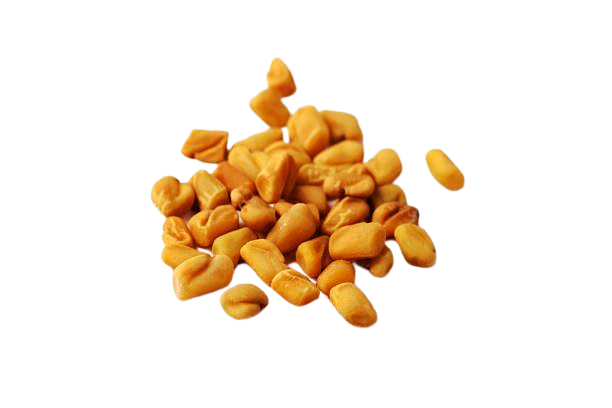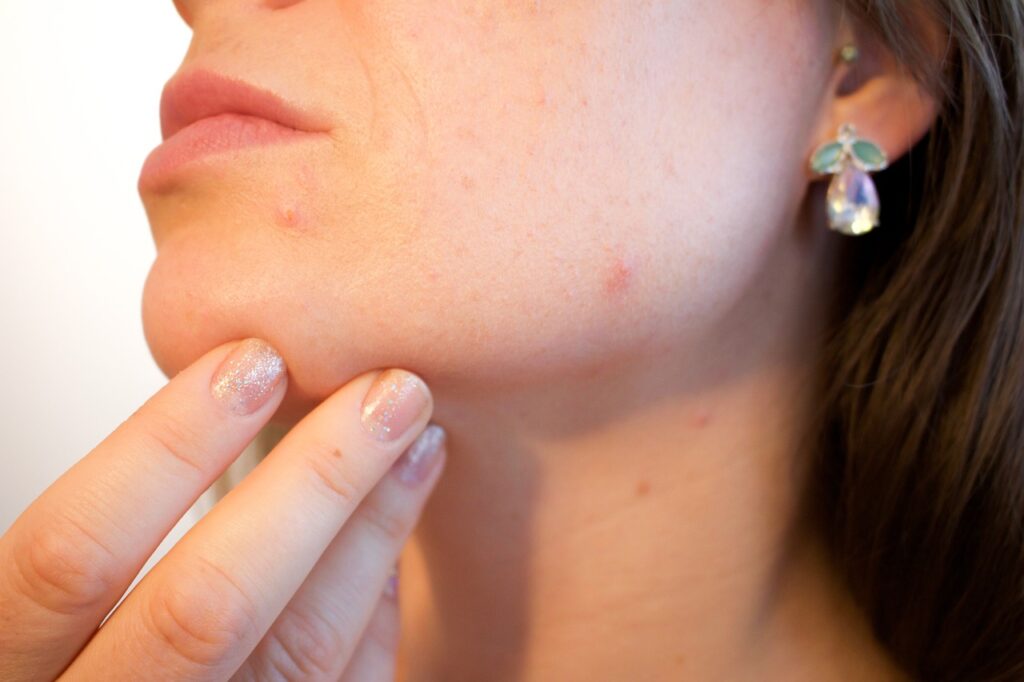Introduction
Hair loss is a common concern for many individuals, affecting both men and women. While there are various causes for hair loss, one often overlooked factor is vitamin D deficiency. Vitamin D, often referred to as the “sunshine vitamin,” plays a crucial role in the body’s overall health, including the growth and maintenance of hair. In this article, we will delve into the intricate relationship between vitamin D deficiency and hair loss, exploring its causes, symptoms, and potential remedies.
Loss of Hair Due to Vitamin D Deficiency
Hair loss due to vitamin D deficiency is a lesser-known yet significant aspect of hair health. When the body lacks adequate levels of vitamin D, it can result in hair thinning, breakage, and even alopecia. Vitamin D receptors are present in hair follicles, indicating its importance in hair growth and maintenance. So, how exactly does vitamin D deficiency contribute to hair loss?
The Link between Vitamin D and Hair Growth
Vitamin D plays a vital role in stimulating hair follicles and promoting the growth of new hair strands. It helps regulate the hair growth cycle by activating genes that trigger hair follicle development. When vitamin D levels are insufficient, this natural hair growth process can be disrupted, leading to the potential for hair loss.
Impact of Vitamin D Deficiency on Hair Health
- Hair Thinning: Inadequate vitamin D levels can result in hair shafts becoming thinner and more brittle, causing hair to appear lackluster and sparse.
- Hair Breakage: Vitamin D deficiency weakens the hair structure, making it more susceptible to breakage and resulting in significant hair loss.
- Alopecia: Severe vitamin D deficiency can lead to alopecia areata, an autoimmune condition characterized by patchy hair loss on the scalp and other areas of the body.
Symptoms of Vitamin D Deficiency-Related Hair Loss
Detecting the signs of vitamin D deficiency-related hair loss is essential for timely intervention. Here are some common symptoms to be aware of:
- Increased Hair Shedding: If you notice excessive hair shedding while brushing or washing your hair, it may be a sign of vitamin D deficiency-related hair loss.
- Thinning Hair: Gradual thinning of the hair, especially near the temples and crown, could be an indication of vitamin D deficiency impacting hair health.
- Brittle Hair: Vitamin D deficiency can cause hair to become dry, brittle, and prone to breakage.
Causes of Vitamin D Deficiency
Vitamin D deficiency can arise from various factors, including:
- Inadequate Sun Exposure: Limited exposure to sunlight can hinder the body’s natural production of vitamin D. Factors such as living in regions with long winters or spending excessive time indoors can contribute to deficiency.
- Dietary Insufficiency: Certain dietary restrictions or poor nutritional choices can result in inadequate vitamin D intake, leading to deficiency over time.
- Medical Conditions: Certain medical conditions, such as Crohn’s disease and celiac disease, can impair the body’s ability to absorb and utilize vitamin D effectively.
FAQs about Loss of Hair Due to Vitamin D Deficiency
- Can vitamin D deficiency cause permanent hair loss?
- While vitamin D deficiency can contribute to hair loss, addressing the deficiency and promoting healthy vitamin D levels can often reverse the effects and stimulate hair regrowth.
- How can I determine if I have vitamin D deficiency?
- A simple blood test can measure your vitamin D levels. Consult with your healthcare provider to assess your vitamin D status accurately.
- Can taking vitamin D supplements help prevent hair loss?
- Supplementing with vitamin D can be beneficial if deficiency-related hair loss is present. However, it is essential to consult with a healthcare professional to determine the appropriate dosage.
- Are there natural sources of vitamin D besides sunlight?
- Yes, certain foods are good sources of vitamin D, such as fatty fish (e.g., salmon and mackerel), fortified dairy products, and egg yolks.
- Can excessive sun exposure improve vitamin D levels and prevent hair loss?
- While sunlight exposure is essential for vitamin D synthesis, it is crucial to strike a balance. Excessive sun exposure without adequate protection can lead to skin damage and other health risks.
- Are there other factors besides vitamin D deficiency that can cause hair loss?
- Yes, various factors, such as hormonal imbalances, genetics, stress, and certain medical conditions, can contribute to hair loss. Consulting with a healthcare professional can help identify the underlying cause.
Conclusion
Understanding the relationship between vitamin D deficiency and hair loss is crucial for maintaining healthy hair. If you are experiencing hair loss or noticing signs of thinning, it may be worth exploring your vitamin D levels as a potential contributing factor. Remember to consult with a healthcare professional for an accurate diagnosis and personalized guidance. By addressing and rectifying vitamin D deficiency, you can take a significant step toward nurturing vibrant, healthy hair.





